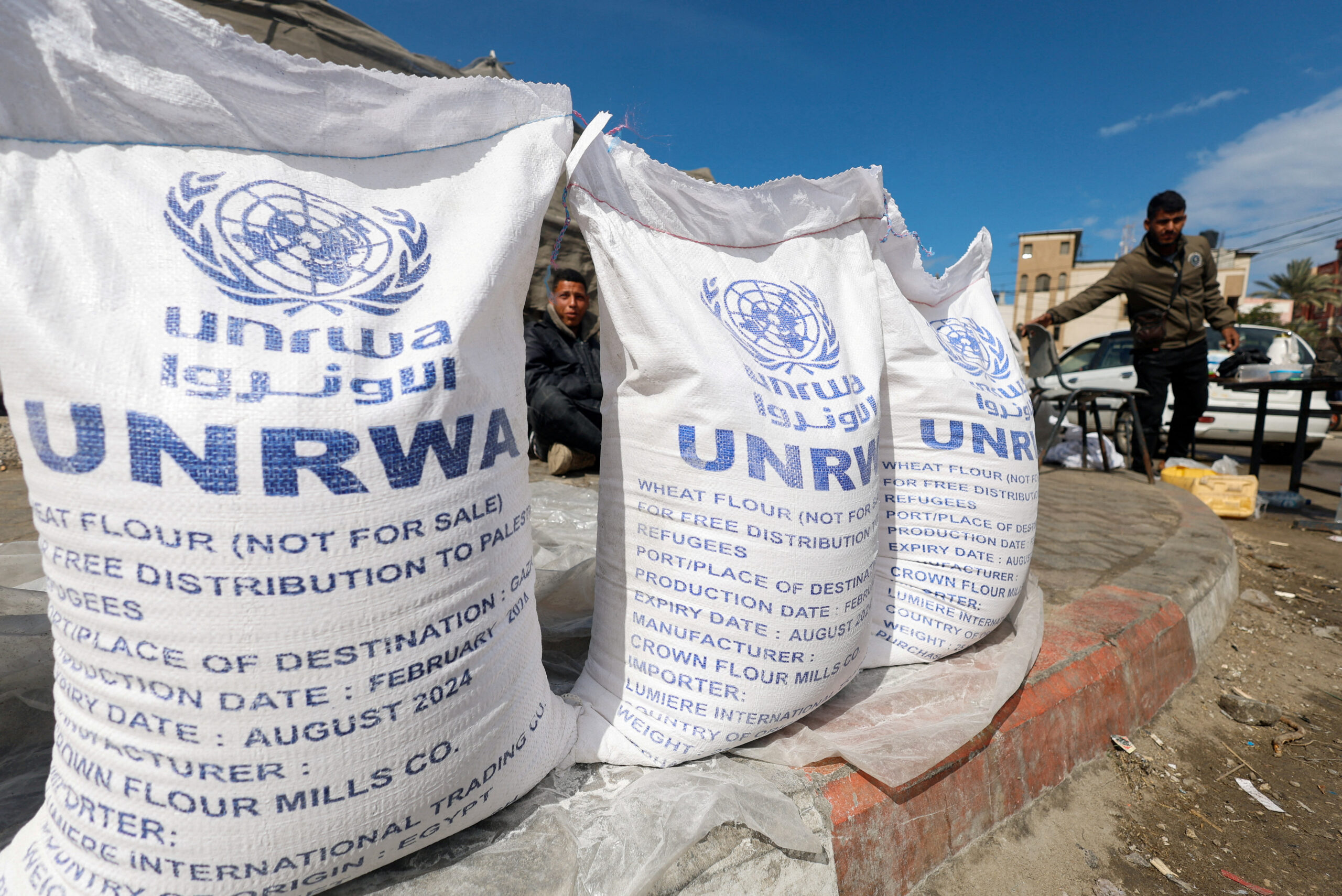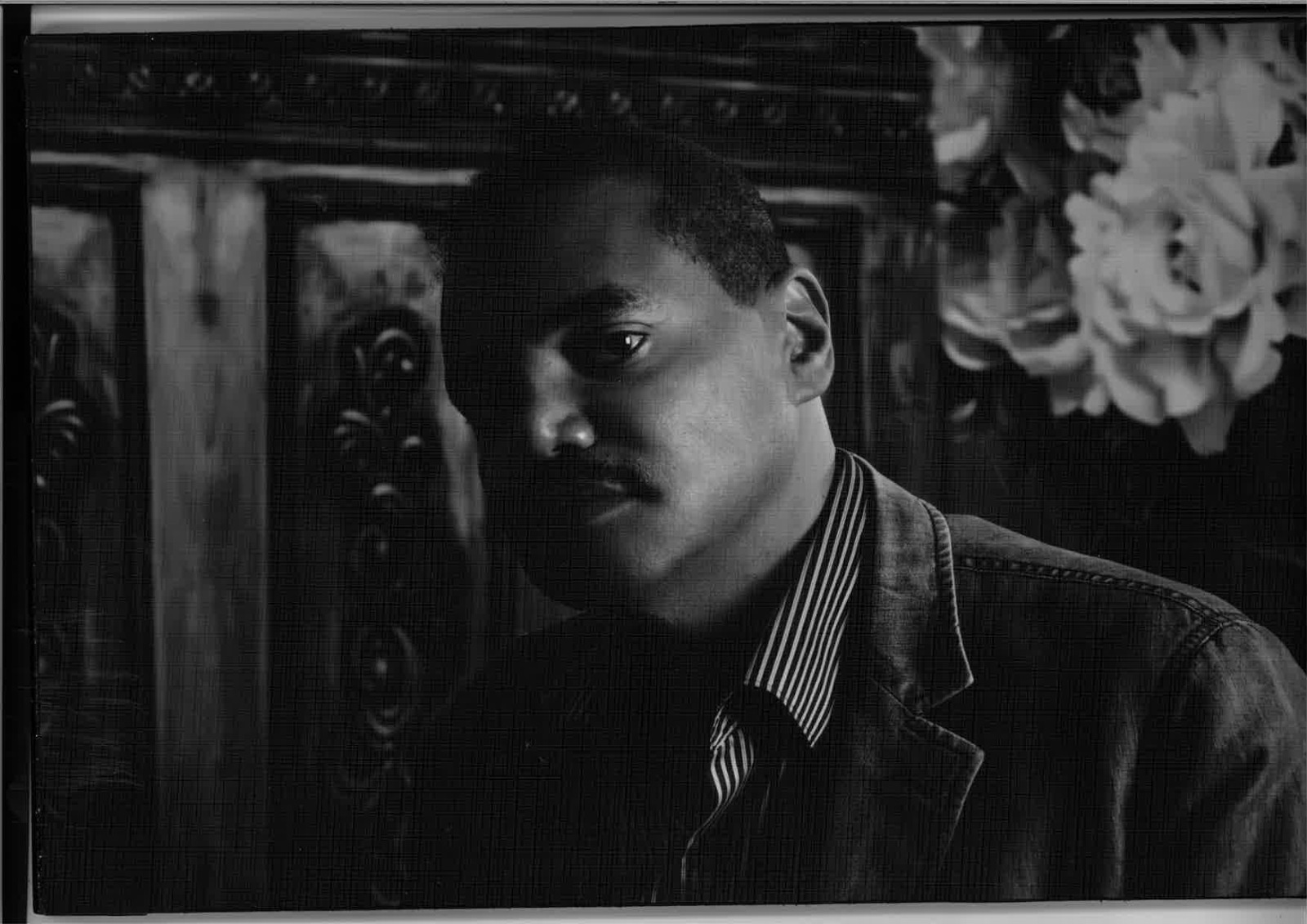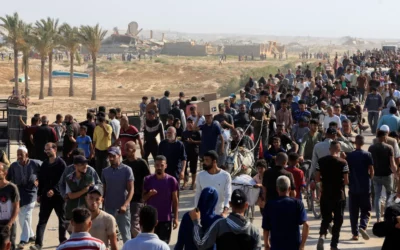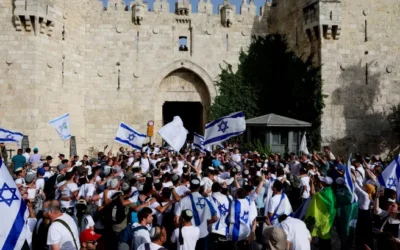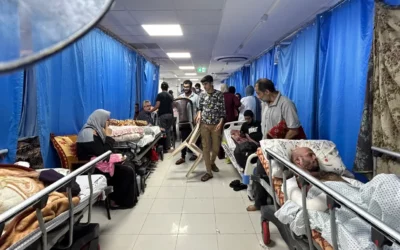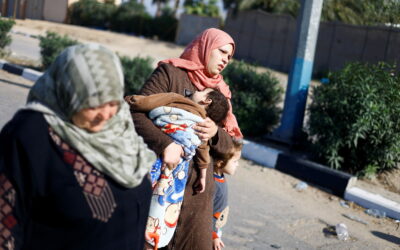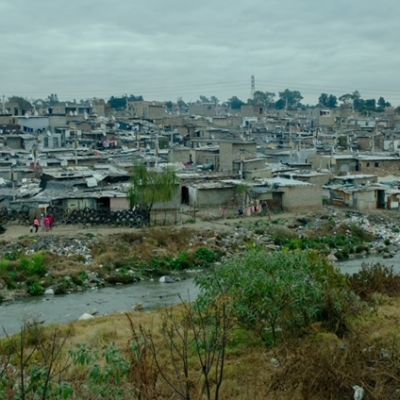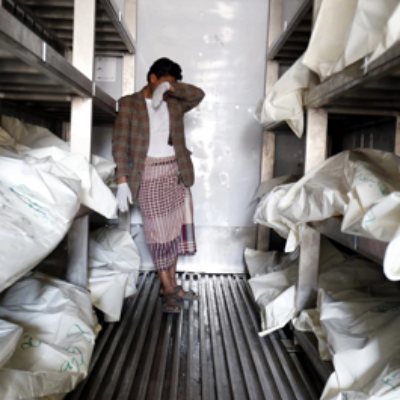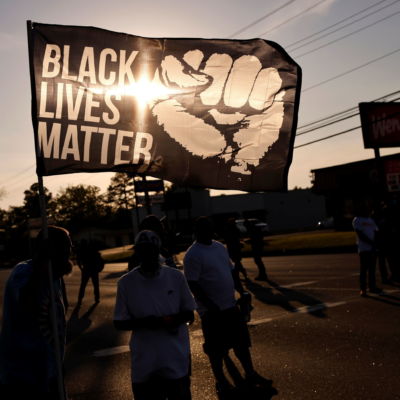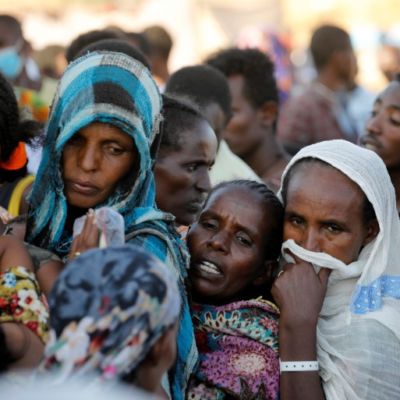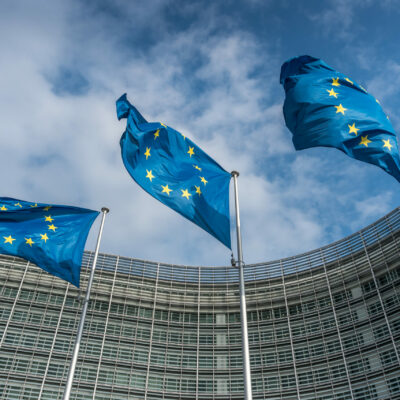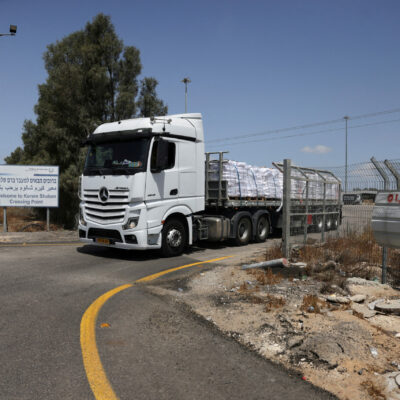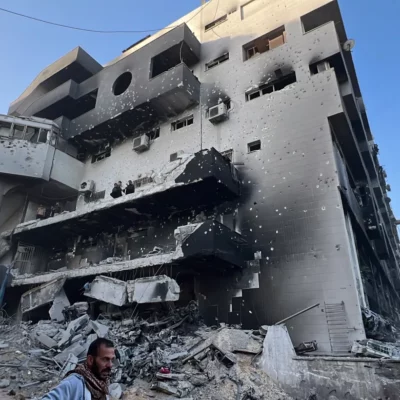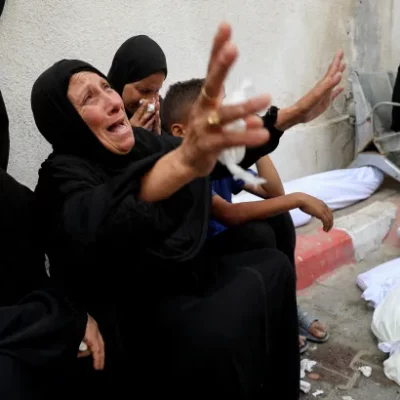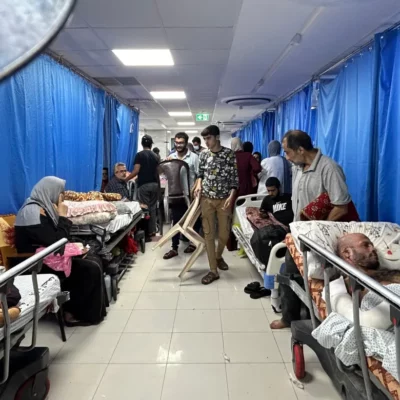In its response, the UN argued that it does not have the capacity or the responsibility to fill the gap if UNRWA is forced out. A letter from Antonio Guterres’ chief of staff, Courtenay Rattray, reminded Israel of its duties under international law as an occupying power, stating that it is Israel’s obligation to ensure humanitarian aid reaches Palestinians in occupied territories. The UN views Gaza and the West Bank as territories under Israeli occupation, and international law mandates that occupying forces must facilitate relief efforts and ensure the basic needs of the civilian population are met, including healthcare, food, and shelter.
Israel, however, has long criticized UNRWA. Israeli officials accuse the agency of harboring anti-Israel sentiment, with some claiming that it perpetuates a refugee crisis rather than working toward a resolution. Israel has also alleged that UNRWA employees have supported or participated in attacks against Israel, including the deadly Hamas-led assault on October 7, 2023. In the wake of this attack, Israel’s condemnation of UNRWA escalated, citing the possible involvement of staff members in the violence. While the UN has acknowledged the firing of nine staff members for alleged ties to Hamas, Israel has used these incidents to justify its move to sever ties with the agency.
UNRWA was established in 1949 to provide relief to Palestinian refugees who were displaced during the creation of Israel. For decades, it has been a critical source of aid and services, including education, healthcare, and social assistance, to millions of Palestinians in Gaza, the West Bank, and surrounding countries like Lebanon, Jordan, and Syria. The agency’s services have become a lifeline for Palestinians living in difficult and often dangerous conditions, especially in Gaza, where they face constant threats from military conflict and a crippling blockade.
Despite Israel’s stance, UNRWA’s role in Gaza has been acknowledged by the UN and international humanitarian organizations as vital for preventing a humanitarian disaster. The humanitarian crisis in Gaza has intensified in the wake of the war between Israel and Hamas, with large parts of the region reduced to rubble. According to the latest reports, over 44,000 Palestinians have died, including many women and children, and around 90% of Gaza’s population has been displaced. The territory, already impoverished by years of conflict and blockade, now faces the threat of famine and extreme deprivation as a result of the ongoing fighting.
Philippe Lazzarini, UNRWA’s Commissioner-General, has repeatedly warned that the suspension of the agency’s operations would have catastrophic consequences for Gaza’s population, particularly for children and families who depend on its services. He has stated that without UNRWA, millions of refugees in Gaza and the West Bank will lose access to basic necessities like education, healthcare, and food. As winter approaches, the situation has grown more urgent, with many families living in overcrowded tents without adequate shelter or resources to survive the harsh conditions.
The UN has also expressed concern over the security of aid deliveries in Gaza. Key routes, such as the Kerem Shalom crossing, which is the primary entry point for humanitarian aid into Gaza, have become increasingly unsafe. Armed groups have looted aid trucks, leading UNRWA to suspend operations at the crossing in November 2023. The looting of trucks, which has affected both food and medical supplies, has further complicated efforts to provide relief. Although Israel claims it is working to improve the delivery of aid, many organizations, including UNRWA, continue to report that the situation is untenable.
Amid this crisis, there has been growing political tension within Israel, with some Israeli leaders, including former Defense Minister Moshe Yaalon, accusing the government of engaging in ethnic cleansing in Gaza. Yaalon has criticized the Israeli military’s actions in northern Gaza, particularly the isolation of towns and refugee camps where Palestinians have been trapped without access to basic services. These statements reflect a growing divide within Israel’s political and military establishment over the country’s policies toward Gaza and the Palestinians.
Israel’s continued bombardment of Gaza and its refusal to allow a ceasefire have sparked widespread international condemnation. The war, which began on October 7 when Hamas militants launched an attack on Israel, has escalated with devastating consequences for both sides. While Israel insists that it is targeting Hamas militants, civilian casualties continue to mount. According to the Palestinian Health Ministry, the death toll in Gaza has surpassed 44,000, with the majority of casualties being women and children. Israel, on the other hand, claims that it has killed more than 17,000 militants, but it has not provided concrete evidence to support these claims.
As the fighting continues, efforts to broker a ceasefire have stalled. Although there have been behind-the-scenes talks, there has been no agreement on a formal ceasefire. Israel has rejected Hamas’ demand for a complete withdrawal from Gaza, and the Biden administration has indicated that it will push for another round of talks. While some Israeli officials, including President Isaac Herzog, have expressed hope for a resolution, the conflict remains at an impasse.
The humanitarian situation in Gaza is expected to worsen as winter approaches, with thousands of displaced families facing the prospect of cold and dangerous conditions. Many of Gaza’s residents are completely reliant on international aid, and without UNRWA, the entire population risks losing access to life-saving services. With Israel and the international community at an impasse over the fate of the agency, the people of Gaza face an uncertain future, with the ongoing conflict showing little sign of resolution.
The outcome of this war may have lasting consequences for the region, not only for Israel and Palestine but also for the broader Middle East. As the conflict continues, the need for a political solution remains critical. However, the path to peace appears more elusive than ever, with entrenched political divisions and the failure of past negotiations contributing to the ongoing crisis. For now, the people of Gaza continue to suffer, and the international community faces a daunting challenge in finding a way to alleviate the immense human suffering caused by this prolonged conflict.
Sources: Reuters/AP
